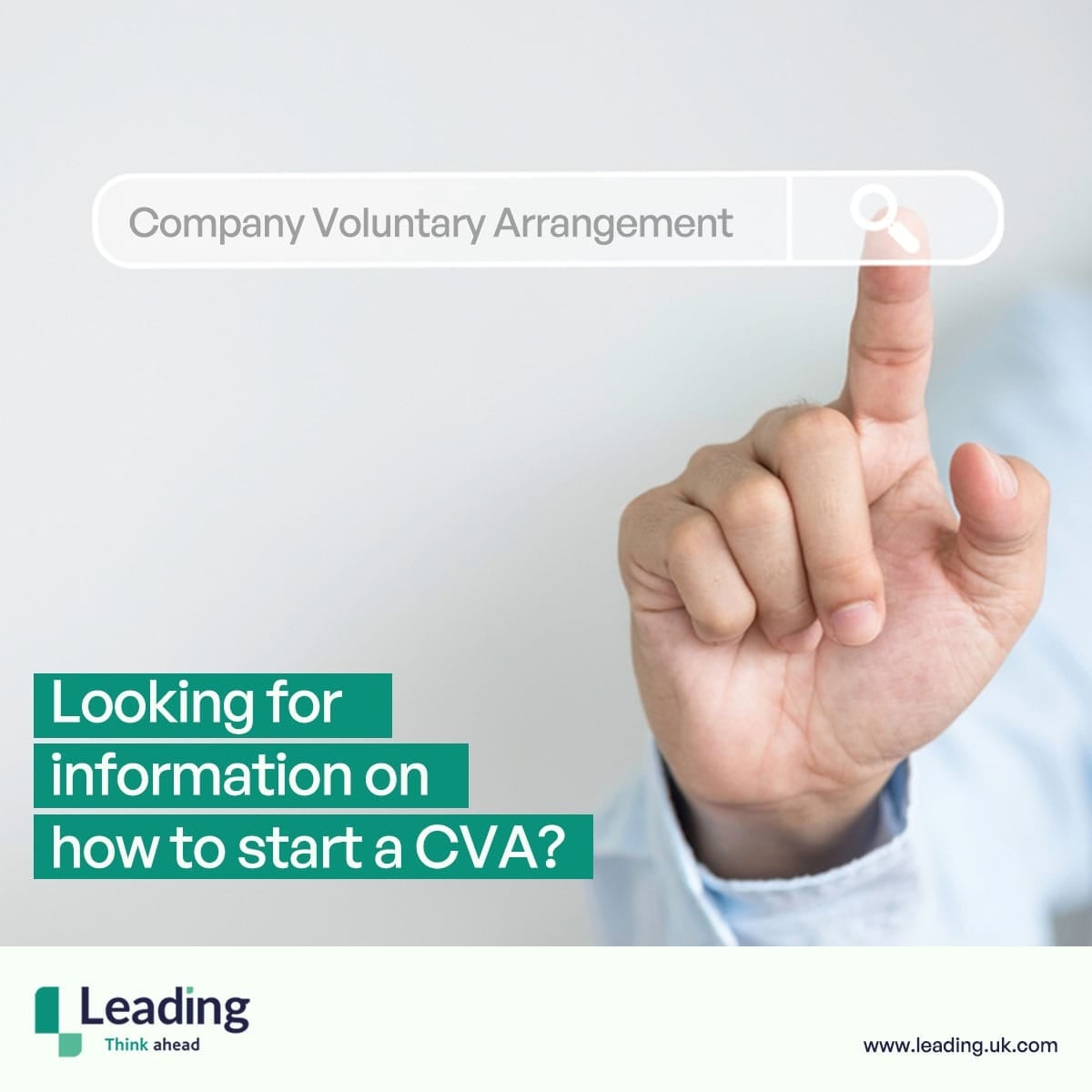Page 12 of 23
What UK Businesses Can Expect from the Cop27 Summit

As the Cop27 climate conference takes part in Egypt throughout November, there are a lot of businesses out there asking what it could mean for them. There are also questions surrounding what has changed since the Cop26 conference in Glasgow. Why Cop26 Was So Important One of the main things that came out of the […]
December 22, 2022
Why Does the Bank of England Expect the UK to Fall into the Longest-Ever Recession?

It was announced by the Bank of England recently that the UK may well be facing the longest recession it has ever witnessed. Thanks to the recent economic downturn that the country has seen, it is expected to enter into a recession that could well extend all the way into 2024. Unemployment is expected to […]
December 15, 2022
What Are the Top Benefits of an Administration in the UK?

If your business finds itself struggling financially and wants to enter into a formal insolvency procedure, creditor’s voluntary liquidation is one of the most common options. This is because doing so comes with speed, flexibility and considerably low costs. That is not to say, though, that the other procedures available to you do not also […]
December 3, 2022
Advantages and Disadvantages of Pre-Pack Administration in the UK

If your business is insolvent and you are hoping to sell it, then you might be interested in a pre-pack administration. This process can help organisations as it facilitates the sale of a business which finds itself insolvent. All of the negotiations pertaining to business assets happen before an administrator is appointed, which means that […]
November 26, 2022
What Are the Key Considerations for a Company’s Voluntary Arrangements in the UK?

A company voluntary arrangement (otherwise known as a CVA) is a formal insolvency process. This is where some kind of legal arrangement will be made between a company and the creditors that it is currently in debt to. They usually span across 3 – 5 years and it’s during this time that companies will make […]
November 21, 2022
How to Inherit Money Without Paying Tax in the 2022?

When you die, you will want to make sure that your estate will go to the right people, be it your spouse, children, or other family members and friends. Inheritance tax can really take a chunk out of your estate and reduce the amount available to be passed on, as was seen this past year; […]
November 12, 2022
How to Inherit Money Without Paying Tax in the UK?

When you die, you will want to make sure that your estate will go to the right people, be it your spouse, children, or other family members and friends. Inheritance tax can really take a chunk out of your estate and reduce the amount available to be passed on, as was seen this past year; […]
November 6, 2022
Why Did Voluntary Insolvencies in England and Wales Hit a Record High?

The economy is always reasonably volatile; however, it seemed nobody was prepared for the impact of the pandemic on the country and the entire world. Organisations had to adapt and learn how to operate sufficiently in a world where all businesses had to start working from home and were unable to communicate with their customers […]
October 24, 2022
Top 6 Things to Consider in Insolvent Probate in the United Kingdom

When someone dies, the executors (or administrators if there is no Will) will be responsible for dealing with the deceased’s estate. There are a number of rules surrounding paying off the different debts and liabilities which were owed by the deceased, and these need to be followed correctly. What Happens to Someone’s Debt After They […]
October 10, 2022
Can Individual Voluntary Arrangement Clear Your Debt in the United Kingdom?

Suppose your business finds itself having financial trouble and owing money to its creditors. In that case, you will be happy to know that several methods will allow you to pay back this money effectively. One method is entering into an individual voluntary arrangement, a legally binding agreement between you and your creditors where you […]
Page 12 of 23
